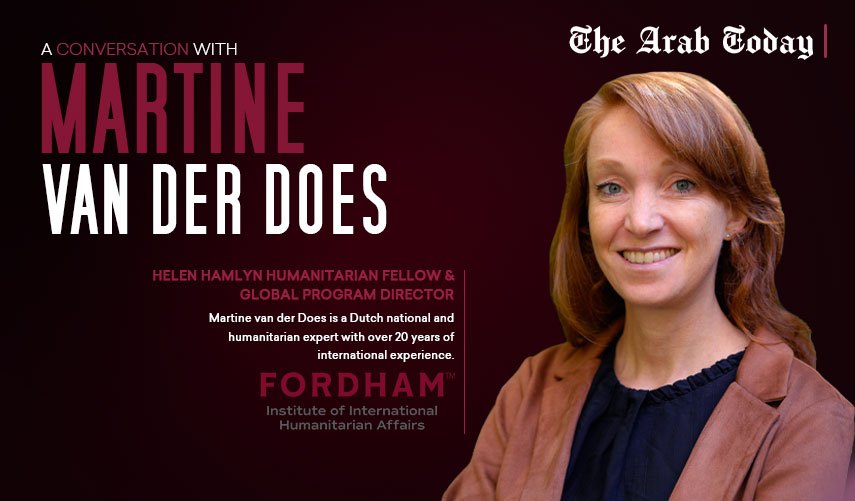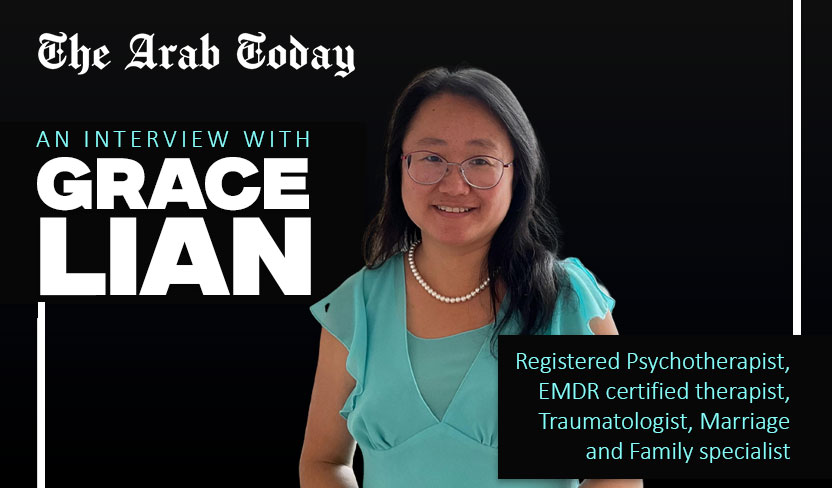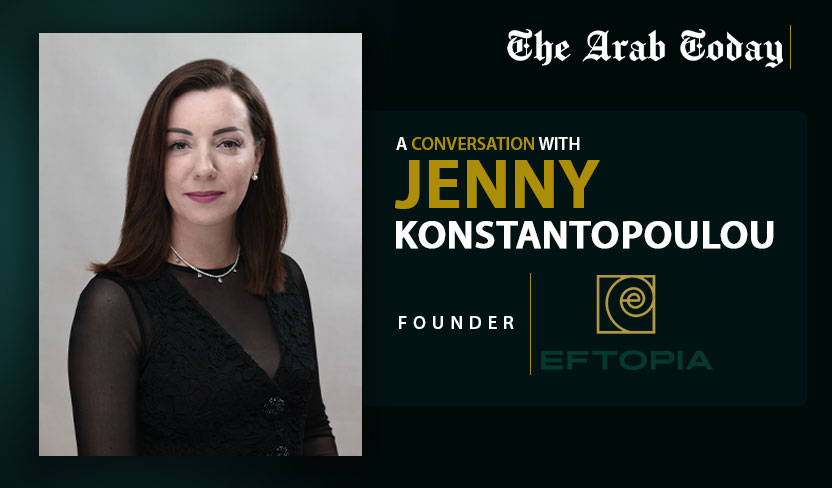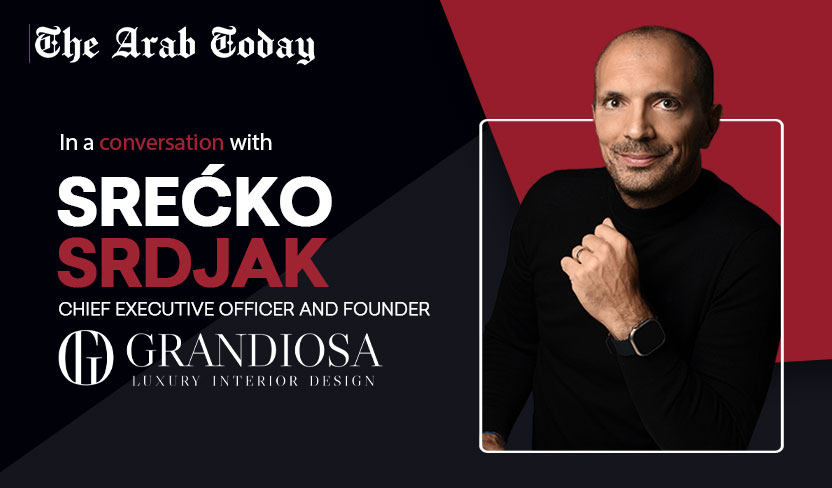Martine van der Does Interview
The Institute of International Humanitarian Affairs (IIHA) is dedicated to educating future humanitarians, shaping leaders in the field, and innovating solutions to complex humanitarian challenges. Through flagship programs like the International Diploma in Humanitarian Assistance (IDHA), IIHA has built a global network of professionals transforming humanitarian practice worldwide.
At the forefront of this mission is Martine van der Does, a Dutch humanitarian expert and Helen Hamlyn Humanitarian Fellow & Global Program Director with 20 years of international experience. With a background in architecture and humanitarian field expertise, Martine has worked with organizations such as Médécins Sans Frontières (MSF), the International Committee of the Red Cross (ICRC), and the Netherlands Government. Her career spans remote field operations in Myanmar and Niger, diplomatic service in Afghanistan, Jordan and the Netherlands, and leadership in global humanitarian programs. Together, IIHA and Martine combine academic excellence, field experience, and innovative leadership to equip the next generation of humanitarian professionals with the skills, insight, and values needed to address today’s complex global challenges.
Education, Leadership, and Innovation
The Arab Today: IIHA’s mission is to educate future humanitarians in the classroom, shape humanitarian leaders in the field, and innovate solutions to complex humanitarian challenges. Can you share an example where in your work you could see this balance of all three, education, leadership, and innovation?
Martine: “One of the best examples is our flagship IDHA program. Since 1997, IDHA has brought together thousands of humanitarian professionals worldwide, blending academic learning with field-based leadership training and innovative problem-solving approaches.
For instance, our course in Amman, Jordan this November will not only equip participants with technical skills but also provide local aid workers the chance to lead and shape humanitarian practice in their own contexts. By combining classroom education with practical exercises and peer-to-peer learning, participants leave ready to apply knowledge directly to the realities they face in the field. This is a program where education, leadership, and innovation converge to strengthen individuals and the wider humanitarian sector.”
Dignity in Humanitarian Assistance
The Arab Today: IIHA describes its programs as preparing humanitarians to drive the sector in a more effective, sustainable, and dignified direction. What does “dignified” humanitarian assistance mean to you, and how do you ensure it in your work?
Martine: “Dignity means treating people affected by crises as active participants, not just recipients of aid. It is grounded in respect, cultural sensitivity, transparency, and protection of individual rights.
Practically, this involves engaging communities in program design, listening to their priorities, and aligning interventions with local norms rather than imposing external solutions. Transparency and feedback mechanisms help communities voice concerns and influence decisions. When staff embrace respect and accountability, humanitarian assistance becomes more effective, sustainable, and empowering.”
Integrating Research and Creativity
The Arab Today: IIHA highlights the importance of innovation and creative methods through initiatives like Design4Humanity and The Graphix Project. How would you integrate research or creative approaches into humanitarian interventions to improve impact?
Martine: “Innovation is about connecting research and creativity directly to community needs. In the IDHA, for instance, participants bring field challenges into the classroom to co-develop solutions. This can include participatory research to map vulnerabilities.
The IIHA further works on creative communication strategies like visual storytelling through the Graphix Project.
Through Design4Humanity, humanitarian and design professionals are stimulated to create dignified, durable solutions to pressing challenges. The goal is combining rigorous analysis with methods that resonate at the community level, ensuring interventions are both technically sound and socially meaningful.”
Designing an Interdisciplinary Response
The Arab Today: In a context of conflict-driven displacement, how would you design and coordinate an interdisciplinary humanitarian response that ensures protection, dignity, and access to essential services for affected populations?
Martine: “Conflict often restricts access to services and exposes displaced families to violence and compound vulnerabilities such as in livelihoods and public health. Protection must remain central during a response while interventions would generally prioritize water, sanitation, health, food security, and shelter. Dignity and safety must be ensured for those most at risk, especially women, children, and marginalized groups.
My approach would be guided by risk analysis, gender and protection lenses, and the Do No Harm principle. Coordination would be key, and I would rely on existing coordination mechanisms and regular dialogue with local leaders and affected communities. Such an approach ensures that interventions are technically sound, duplication is prevented while also being context-specific, integrated, and responsive to the evolving needs on the ground.”
Future Challenges for Humanitarian Work
The Arab Today: Looking at future trends like climate change, conflict, and migration, what do you see as the biggest challenge for humanitarian work in the next decade, and how would you prepare for it?
Martine: “The greatest challenge for humanitarian work in the coming decade will be the widening gap between growing humanitarian needs, the shrinking resources, and safe access to meet those needs. While conflicts and the impacts of climate change are driving record levels of displacement and vulnerability, major traditional donor countries shift from international solidarity to their national priorities. Combined with donor fatigue and the strain of multiple global crises, this has led to chronic underfunding.
Operational barriers, bureaucracy and staff safety risks further complicate responses, particularly for national colleagues who often bear the highest threats. This, compounded by the worrying decline in respect for international humanitarian law, undermines the very principles on which humanitarian action is built.
The humanitarian system has grown significantly in size and complexity since its establishment but in doing so risks losing sight of communities’ real needs on the ground. Bureaucracy and politics too often overshadow principled, people-centered action, weakening the ability to respond with agility and focus.
To address these challenges, the sector must show courage in simplifying and reorganizing itself, reducing unnecessary bureaucracy, strengthening partnerships with local actors, and recommitting to a principled, protection-centered approach. Innovation can improve effectiveness and accountability but should not become a goal in itself. Above all, humanitarian action must remain principled, people-centered, agile, and rooted in dignity, even in an increasingly complex and contested environment.
At IIHA, programs like IDHA prepare humanitarian leaders to meet these challenges through education, mentorship, and experiential learning, equipping them to act with dignity and impact in increasingly complex environments.”
Connect with IIHA
Learn more about IIHA’s programs and alumni stories: IIHA at Fordham University
Follow updates and insights: IIHA on Medium
Also Read:
Mansour Al Blooshi: Transforming Procurement and Supply Chain
Empowering Greek Entrepreneurs: A Talk with Ms. Kapela
CEO Giuseppe Giorgianni Interview





